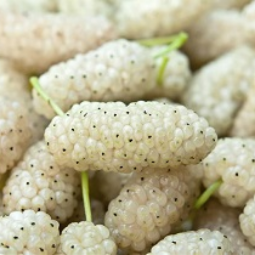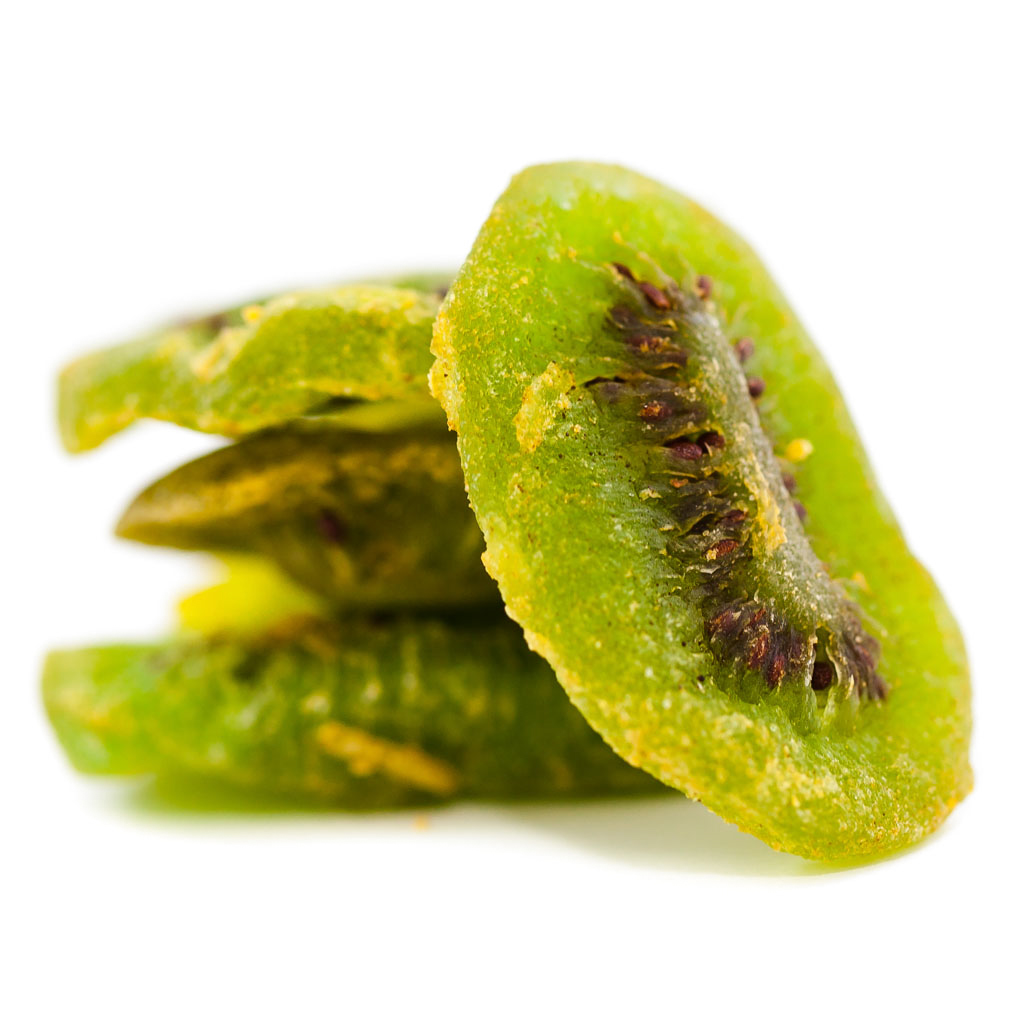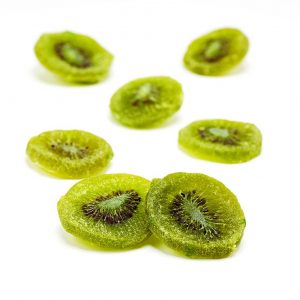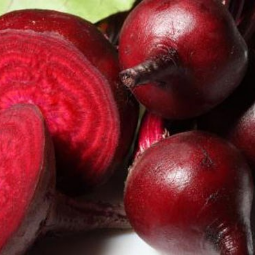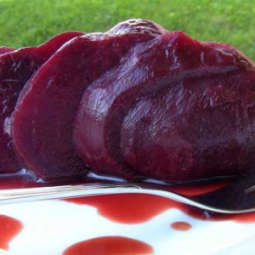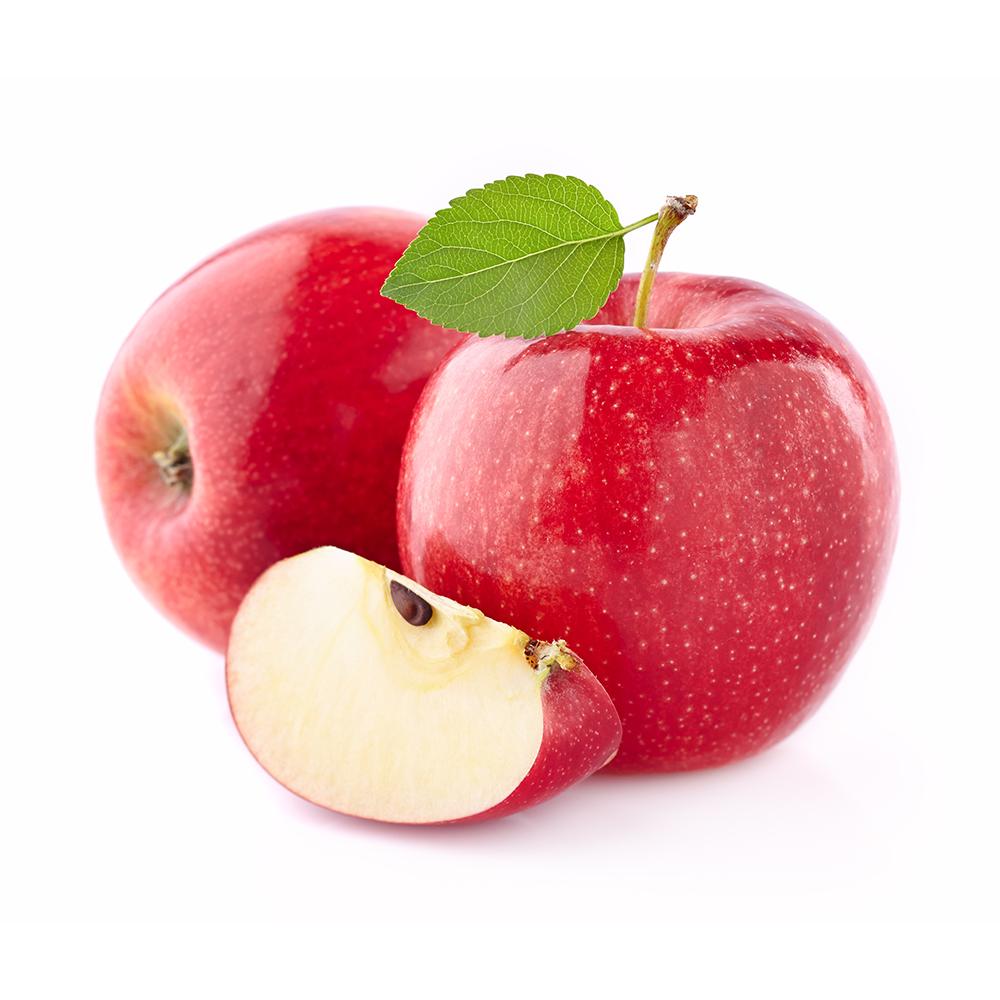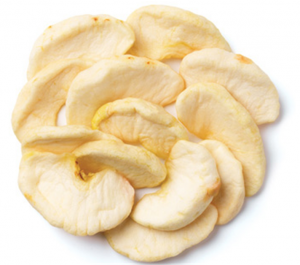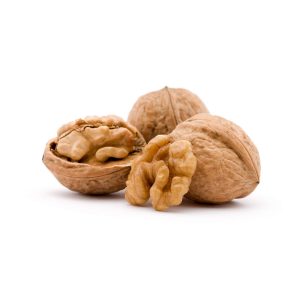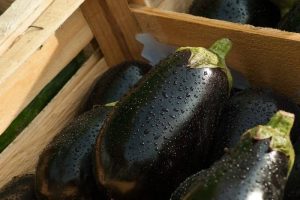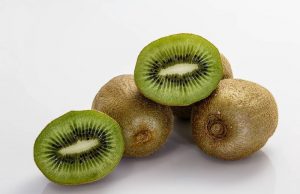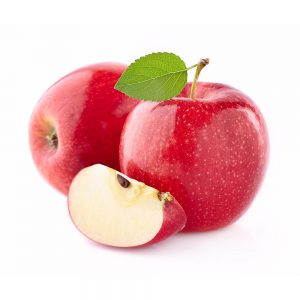A Growing Market for Snack Lovers
Roasted and salted chickpeas are rapidly gaining popularity worldwide as a healthy, crunchy snack. Packed with nutritional value and an irresistible taste, they’ve become a favorite among consumers seeking a delicious yet nutritious snack. As global demand for healthier food options continues to grow, exporting roasted and salted chickpeas offers an exciting business opportunity. This article explores why these snacks are in high demand and how businesses can capitalize on this growing market.
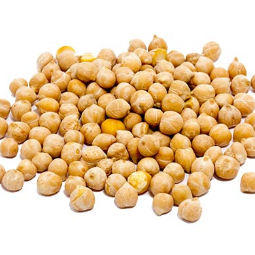

Why Roasted & Salted Chickpeas Are in High Demand
Consumers are increasingly seeking healthier, plant-based snacks, which is driving the rising demand for roasted and salted chickpeas. Several factors contribute to their growing popularity in international markets.
1. Nutritional Value
First and foremost, roasted and salted chickpeas are rich in protein, fiber, and essential vitamins and minerals. Because they are one of the best plant-based protein sources, they appeal strongly to health-conscious consumers. Moreover, their high fiber content supports digestive health, and their vitamins and minerals, such as iron and magnesium, enhance their overall nutritional profile. Consequently, many consumers are choosing roasted and salted chickpeas as part of their daily diet.
2. Healthier Snack Alternative
In contrast to traditional processed snacks like chips and crackers, which pose health risks, consumers are now seeking healthier alternatives. Roasted and salted chickpeas offer a low-fat, high-protein snack that delivers more nutrition per bite. Additionally, their high satiety value makes them a satisfying and guilt-free snack option. As a result, this shift toward healthier eating habits has significantly boosted the demand for roasted chickpeas globally.
3. Versatility and Flavor
Roasted and salted chickpeas also stand out for their versatility. Whether enjoyed as a standalone snack or added to salads, soups, or other dishes, they fit seamlessly into various meals. Roasting enhances their natural flavor, while a touch of salt provides a savory kick. Therefore, their great taste and ability to complement different cuisines have made them a top choice in many global markets.
Key Export Markets for Roasted & Salted Chickpeas
The demand for roasted and salted chickpeas is rising in several key international markets. Understanding these markets will help businesses expand their export operations more effectively.
1. United States
To begin with, the United States has become one of the largest markets for healthy snacks. As plant-based diets and health-conscious eating grow in popularity, the demand for roasted and salted chickpeas continues to increase. Furthermore, U.S. consumers are drawn to high-protein, gluten-free snacks, making roasted chickpeas a perfect fit. Thus, the U.S. is a crucial market for exporters to target.
2. European Union
Similarly, the European market has experienced a surge in demand for healthier snack alternatives. Countries such as the UK, Germany, and France have shown increasing interest in roasted and salted chickpeas. Especially since European consumers often prioritize organic and non-GMO products, chickpeas enjoy an advantage. In addition, the focus on sustainability and nutrition strengthens their appeal in this region.
3. Middle East and North Africa (MENA)
In the MENA region, chickpeas have long been a staple food, and roasted versions are no exception. Given that this region is close to major chickpea-producing countries like Iran and Turkey, supply chains are efficient and cost-effective. With urbanization rising and a shift toward healthier, on-the-go snacks, roasted chickpeas are becoming increasingly popular in countries such as the UAE, Saudi Arabia, and Egypt.
How to Successfully Export Roasted & Salted Chickpeas
To succeed in exporting roasted and salted chickpeas, businesses must implement a strategic approach. Here are key steps to ensure success in international markets:
1. Source High-Quality Chickpeas
Above all, sourcing high-quality chickpeas is essential. Partner with trusted suppliers to guarantee that raw chickpeas meet the required quality standards. By starting with premium raw ingredients, the roasting process will yield better flavor and texture. In the long run, consistent quality helps build a strong reputation in international markets.
2. Meet Export Regulations
Next, it’s vital to understand and comply with each target market’s regulations regarding packaging, labeling, and certification. Doing so helps prevent delays and penalties, ensuring smoother market entry. Moreover, compliance builds trust with international buyers and consumers alike.
3. Effective Branding and Marketing
Finally, strong branding and marketing efforts are crucial for standing out in the competitive snack food market. Highlighting health benefits and culinary versatility will attract health-conscious consumers. Additionally, certifications such as organic or gluten-free can appeal to niche markets. Eco-friendly packaging can further boost appeal, particularly in environmentally conscious regions like Europe.
Conclusion
Exporting roasted and salted chickpeas presents a promising business opportunity in the rapidly growing global snack market. Thanks to their nutritional benefits, health appeal, and culinary versatility, these snacks are becoming a preferred choice in key regions like the United States, Europe, and the Middle East. By sourcing high-quality ingredients, complying with international standards, and executing strong marketing strategies, businesses can successfully tap into this expanding market and meet the increasing demand for healthier snacks.




